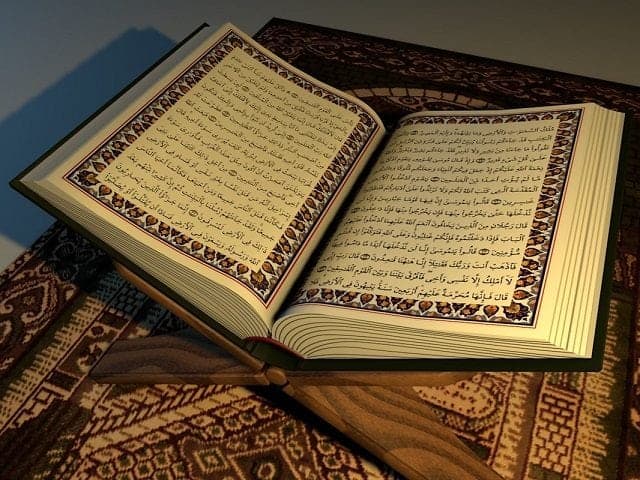Last Updated on April 7, 2024 by Nasir Hanif
The Quran – the most important and Holy Book among Muslims. Read below the most important points about the Holy Quran. Thanks to online Quran academy in Pakistan for this article.
1. What you need to know
As Islam dominates the headlines these days, more and more inquiries are being made regarding the Qur’an, the holy book of Islam. Pastors, politicians, and even presidents suddenly appear to have something to say about Islam and the Qur’an. But it requires more than a briefing or a fast news broadcast to comprehend the Qur’anic teachings. Naturally, reading the Qur’anic text is necessary, but it also necessitates comprehension of the literary, social, and historical settings of the Qur’an.
2. About the same size as the New Testament
In addition to that resemblance, it is broken up into verses and chapters. The chapters of the Qur’an are not, however, chronologically or in accordance with the style or author of the author. As an alternative, they are approximately arranged from longest to shortest, starting with the longest. The Qur’an is divided into 30 portions, or juz, which is another way to organize the text. Devout Muslims read a chapter for each night of the fasting month of Ramadan. All Muslims will have read portions of the Qur’an, but some experts can recite the complete text from beginning to end, having memorised it. Even in nations where Arabic is not the primary language, and the reciter may not fully comprehend what is being said, Qur’anic recitation is considered an art form throughout the Muslim world.
3. Chapters reflect periods in Muhammad’s life
The remaining chapters are from his career in the city of Medina, while a few are from his Mecca ministry (610–22) (622-32). His primary function throughout the initial phase of his tenure was that of an anti-authoritarian protester. He served as the ruler during his time in Medina, serving as a prophet, a political figurehead, a judge, and a warrior. It is recommended to use one of the chronologies when reading the Qur’an for the first time. There are only very little differences between the various chronological systems. It is advantageous to study the Qur’an in chronological order since it is simpler to understand how Muhammad’s life and thought developed through time.
4. Muhammad is not regarded as author of the Qur’an
Muslims hold the view that the word was delivered to Muhammad during a 23-year period by the angel Gabriel. Muslims do not believe that Muhammad wrote the Qur’an or had any influence on it in any way. He merely served as a type of keyboard, receiving the message and verbally transmitting it to his friends who had already committed it to memory. Muslims hold that Caliph Uthman authorized the writing of the Quran in book form some 20 years after Muhammad passed away because of the deaths of individuals who had memorized the word from Muhammad.
5. Qur’an is unchanging
Orthodox Islamic beliefs are incompatible with the idea of an evolving book that required decades to be recognized as authoritative through a process of scholarly debate. However, non-Muslim revisionist scholars are putting this conventional Muslim viewpoint under more and more scrutiny. To present some drastically diverse perspectives on the text of the Qur’an, they are utilizing new techniques for examining manuscripts and historical data as well as textual criticism principles created for the Bible.


























